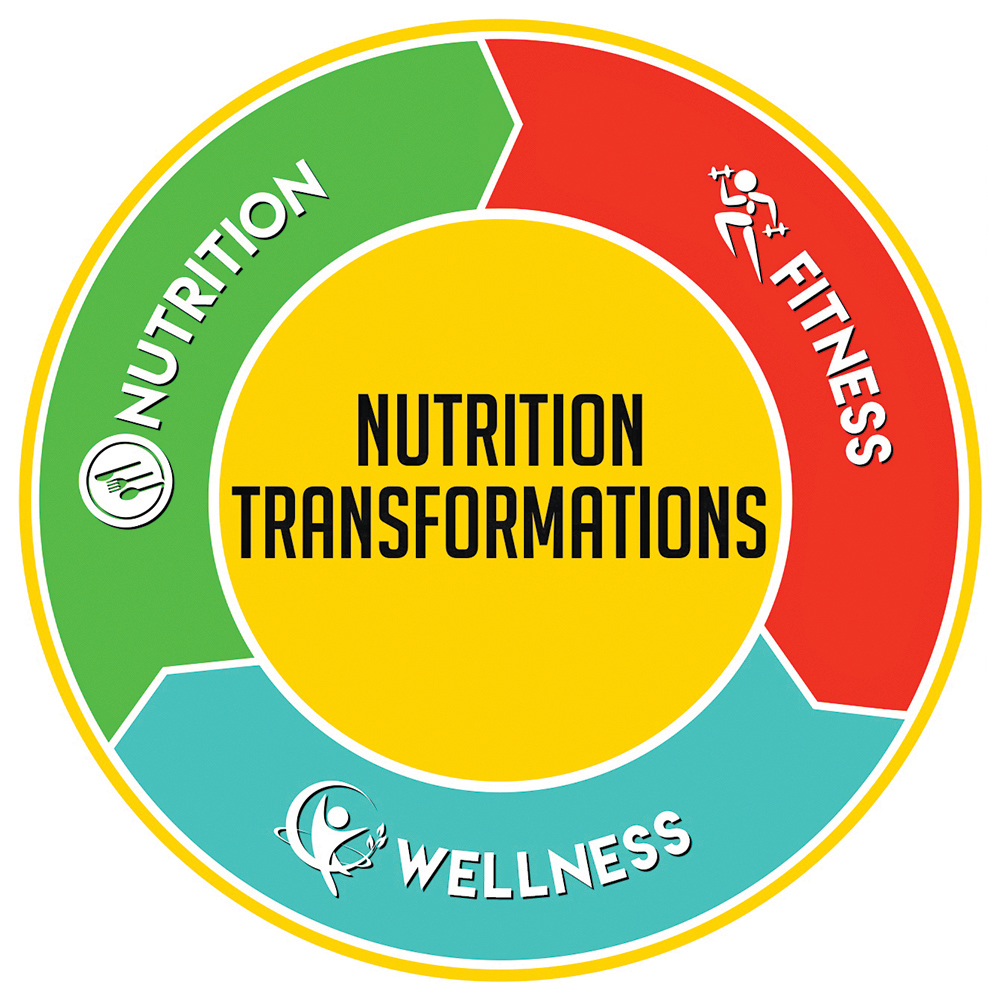
Dear Jenn,
I have been on the medication Ozempic for the past six months per my doctor’s recommendation. I was overweight and prediabetic. I lost significant weight, about 45 pounds, and feel great about it. Recently, my weight loss has been slowing down a bit. I would like to lose a little more weight for health reasons and therefore I’m continuing to take the medication. But I’m worried. What happens when I get off the medication? Will I gain back all the weight that was lost? What can I do to prevent this occurrence? Any suggestions would be helpful.
Sincerely,
Ozempic Success (So far)
Dear Ozempic Success,
Congratulations on your successful weight loss. Ozempic is a very good medication for weight loss and diabetic control. Good choice on your doctor’s part to have prescribed Ozempic for you. In my private practice with Jeffrey A. Berman, M.D., our clients who are prescribed Ozempic have had success in achieving both significant weight loss and improved Hgb A1c. Your question about weight gain after Ozempic is well founded and a common concern. Let’s discuss how to prevent this occurrence.
Weight Loss and Maintenance
At Nutrition Transformations our program contains three parts when weight loss medication is prescribed: medication, diet and exercise. All components are equally important regarding weight loss effort, success and long-term weight management.
Weight Loss Medications Approved by the FDA
Ozempic is only one of many weight loss medications available on the market. Weight loss medication is a booming business for the drug industry! Here are a few additional weight loss medications to consider: Contrave (bupropion-naltrexone); Saxenda (liraglutide); Xenical; Alli (orlistat); Qsymia (phentermine-topiramate); Wagovy (semaglutide); Zepbound (tirzepatide); Imcivee (setmelantide), to name a few. As with any medication there are multiple potential side effects. However, in my practice, side effects have been minimized. We have “titrated” medications with “low side effect” profiles with the most effective weight loss medications so that tolerability and effectiveness coexist.
What Weight Loss Medication Does for You
Weight loss medications “anesthetize” the appetite. It quiets the brain connection between appetite and stomach. This helps to control the amount of food eaten daily and the desire to emotionally eat as well. When you don’t feel hungry, you consume fewer calories, resulting in weight loss. In some cases, maintenance doses of weight loss medication is indicated. The protocol of using maintenance dose weight loss medications is becoming more widely used and accepted by insurance plans. Apparently, keeping weight within a healthy range and normalizing BMI (basal metabolic rate, a marker for weight status) helps reduce risk of disease and complications and more expensive healthcare in the long run. At Nutrition Transformations we have developed a medication protocol that supplements “Ozempic-like” medications which can kick start weight loss and even continue weight loss afterwards.
Diet
Since appetite is suppressed on weight loss medication it is important to consume nutrient-calorie wise foods. In my practice, I recommend specific numbers of calories a person should try to consume daily. Within the caloric recommendations the amount of proteins and carbohydrates to consume are included. The diet plan is individualized based on the nutrient requirements of that person. Healthy fats are recommended but limited due to the high caloric value of fats. However, fats provide satiety and have essential roles in body function and health and must be provided via the diet. I encourage the consumption of adequate fluids for the best health outcome.
Eating a variety of nutritious foods helps prevent boredom and keeps one in a healthy nutritional status. Emotional eating is a topic discussed repeatedly. Learning how to control emotional eating by recognizing it and finding other ways to relieve emotions such as anxiety, depression and boredom is part of our program. Learning how to better select healthy options from the supermarket, menu development and meal preparations are also important for success after weight loss medication is removed. All these aspects are important in weight loss programs and essential when medication-free and on your own.
Exercise
Exercising is important for health and well-being both physically and mentally. Exercising boosts metabolism, which encourages weight loss and helps maintenance. In addition, exercising reduces the risk of heart disease, stroke, type 2 diabetes, osteoporosis and some cancers. Furthermore, exercise improves balance, which can help reduce falls. Exercise improves the immune system, enhances sleep and brain health, reduces stress and anxiety, improves skin structure and makes daily living easier. As a dietician-personal trainer I cannot say enough about the importance of regular exercise!
“Ozempic Success,” you mentioned that you are slowing down in your weight loss effort. Sometimes that happens as you approach your desired weight and/or after losing a significant amount of weight. The body goes into a “protective mode,” slowing down metabolism and preserving fat. To break a weight loss impasse, you must increase activity.
I readily encourage regular exercise in my practice. In some cases, since weight comes off easily with medications, being fit is not a priority or important until an impasse occurs. But those who get into the habit of eating healthy, controlling emotional eating and exercising regularly have an easier time maintaining weight that was lost and have the best health outcome, even after medication is removed. So, “Ozempic Success,” are you exercising? Are you eating well?
Many people who are overweight are unaware of how to wisely eat calories. Perhaps it is the lack of education regarding caloric values of foods or not making the effort to be a smart shopper, or just unconcerned. In addition, some individuals are unaware of appropriate portion sizes of foods, how to balance the diet, what goes into creating a healthy diet plan, healthy eating patterns and nutrient values of foods. Readers, do you ever skip meals then snack on nosh instead, only to overeat in the evening and nosh further at night while watching TV? Are you the table vacuum cleaner eating all the leftovers so they don’t go to waste? These are some examples of unhealthy patterns and behaviors.
Suggestions to Avoid Weight Gain After Weight Medication Is Discontinued
Many doctors prescribe weight loss medications without connecting a patient to a dietician and/or recommending regular exercise. That’s a mistake. To have successful weight loss, maintenance and achieve health benefits, a dietician is essential and a gym membership highly recommended. A person must “break the habits” that got one into the unhealthy weight status to begin with. Eating whatever, whenever and a couch potato lifestyle with no time to find exercise “attitude” needs a 360 degree turn around.
Conclusion
If you want successful weight loss and the ability to maintain desired weight, lifestyle change will be necessary. If you, a family member or friend’s health is at stake due to being seriously overweight and would benefit from our services, call or refer to Nutrition Transformations. We achieve steady, safe weight loss, teach healthy lifestyle habits, and have successful weight management programs which work and improve health and well-being. Weight loss medications are available. We have developed a medication protocol that supplements. Don’t delay, give us a call today!
Yours in good health,
Jenn
www.nu-transform.com, (718) 644-1387












